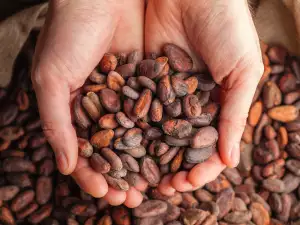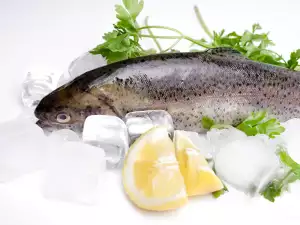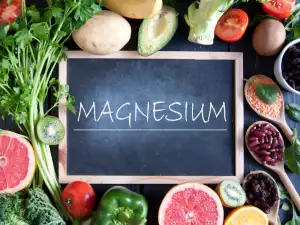No, vegetable oils are not good, contrary to commonly held idea and there are several reasons for this.
This topic is extremely important for your health. Many scientists are wrong by offering the use of polyunsaturated oils for cooking. Let's go back to chemistry class in high school and remember what a "polyunsaturated molecule" is. This means that the molecule is unstable - there is more than one double bond and it would be to separate the electrons with other atoms, in order to become saturated and stable. The more unsaturated the molecule, the less stable it is. When polyunsaturated oils are heated, they react with oxygen and oxidize quickly and become rancid. Therefore, monounsaturated oil, such as olive oil for example, is more stable, and more suitable for cooking. Saturated fats are the most stable and best for cooking.
The thing is that most of the vegetable oils on the market are heated during processing in order to get oil from the seeds. (Can you imagine how hard it would be to squeeze out grape seed oil? ) Therefore, they are already rancid when they are on the shelves at the store. After this, they are bleached to look good and flavored not to smell bad, and the user would not know that they are actually rancid.
Here we should note that flax oil is usually handled correctly - unrefined, packaged in dark bottles and kept in the refrigerator, as should be done with all polyunsaturated vegetable oils.

Polyunsaturated fats and oils from canola, sunflower oil, safflower oil, corn oil, etc., can be used for salad dressings if the bottle says "unrefined" and they are stored in a dark bottle.
Most people consume too much omega-6 fatty acids - those that are found in vegetable oils, compared to omega 3 fatty acids - those in fish oil. We usually consume omega 6 and omega 3 at a ratio of 20/1, which is very harmful for the body, so the ratio should be reduced to about 1/1 or 4/1. So, consume fish oil, but stay as far as possible away from vegetable oils. One can get enough omega 6 from nuts, seeds and whole grains, and when eaten whole, they have antioxidants in them that prevent many problems.
It is known that trans fats are disastrous for the body and are associated with heart disease, and margarines. Do not be fooled by the fake fat spreads that are touted as healthy, even if it says "no trans fats" on the label. Manufacturers reduce the trans fat content of the product so that they can legally say that it has none (but it does! ), or use another method of production. Use real butter instead. Be suspicious of any food that contains vegetable oil listed on the label. This is a sign that fat there should not be consumed.
Saturated fats are best for cooking. They are stable and contrary to popular belief, healthy for your body. So use extra virgin coconut oil or butter for chicken and beef and do not worry about clogging your arteries. These fats are not a problem. Remember that heart disease actually did not exist until the 18th century, when we started cooking with these saturated fats.
Animal fats, raw milk, eggs and butter were consumed for thousands of years by primitive cultures around the world. The first heart attack was in 1921, just as the industry for vegetable oils was picking up steam, and sugar and flour were increasingly distributed. Since then, consumption of saturated fat has decreased dramatically, so it is illogical not to blame vegetable oil for heart disease.




















Comments